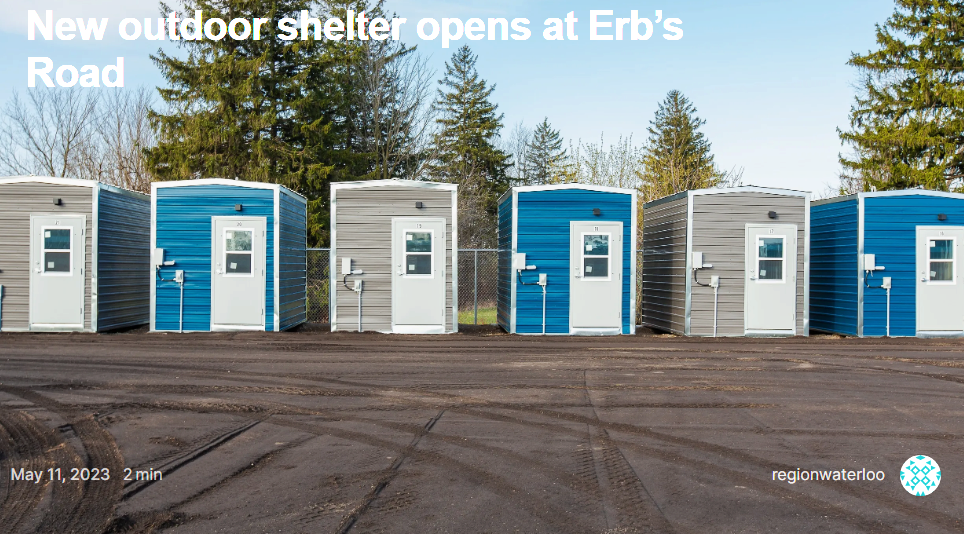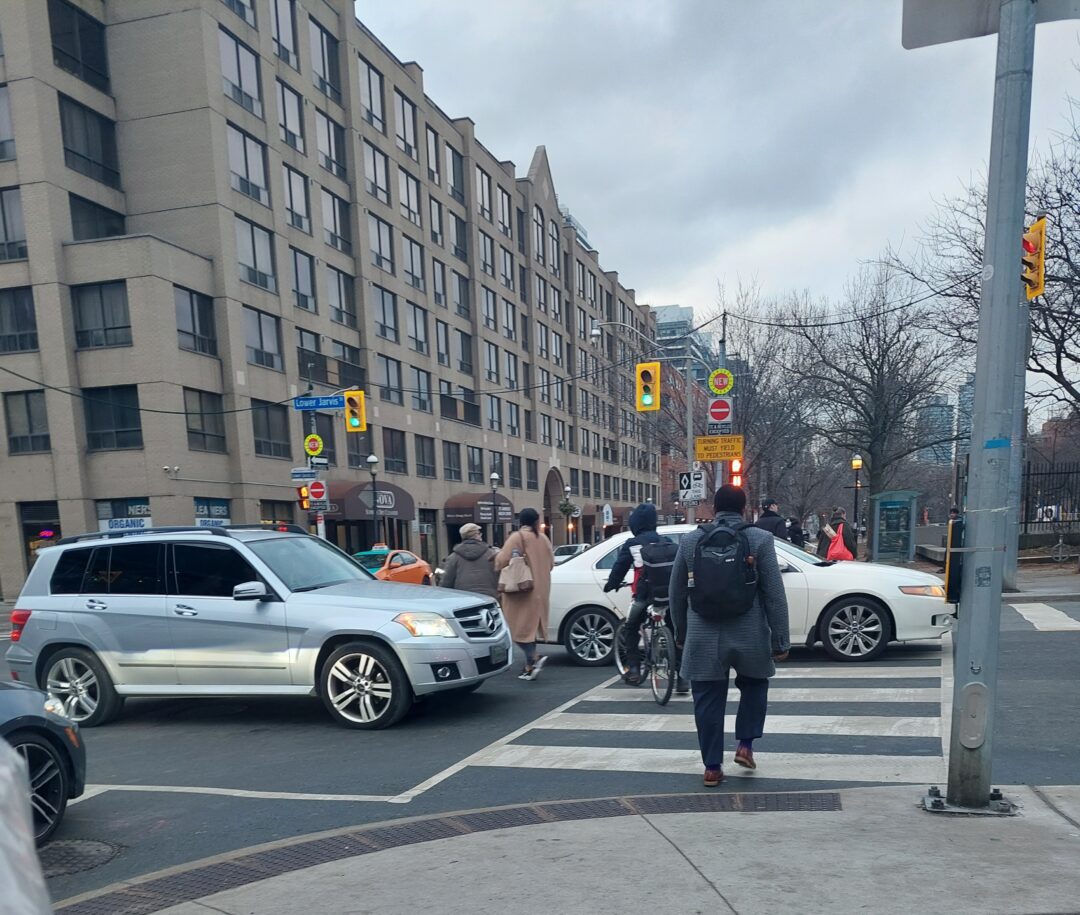Dennis Hanagan –
Toronto City Council has accepted a motion at its June meeting from Ward 13 (Toronto Centre) Councillor Chris Moise to develop a program aimed at curtailing encampments in city parks.
Moise’s motion asks staff to examine whether micro shelters could be set up across the city on vacant, under-utilized city-owned land to provide tiny homes for the homeless.
“We need to look at other jurisdictions like Kitchener-Waterloo and elsewhere where they have micro shelters,” said Moise. Micro shelters would alleviate “some of the stresses in our parks.”
Council spent close to an hour asking questions of staff and then debated how to deal with park encampments, where 60 percent of residents, councillors heard, have mental health and drug problems. Councillors spoke about Toronto residents, especially those without front or back yards, being reluctant to use local parks because of encampments.
Gord Tanner, general manager of the city’s shelter and support services, said about 345 people are living in 329 encampments across the city. He noted that city outreach services have reduced the number of tents in Allan Gardens from 90 to about five.
Ward 18 (Willowdale) Councillor Lily Cheng said an encampment in her ward is beside a summer camp and swimming pool. “I’ve had parents saying they’re going to withdraw their kids from camp because of some of the aggressive behaviours.”
A frustrated Ward 11 (University-Rosedsale) councillor, Dianne Saxe, recounted constituent complaints to Tanner.
My office has consistently conveyed to you the community concerns about these encampments,” said Saxe. She said concerns have included rapes, open use of illegal drugs, harassment of passersby “and a firefighter smashed in the face with a pipe.”
Replying that his office has “done a lot” to mitigate the problems, Tanner said city staff take a rights-based approach to people in encampments. That requires, he said, “to have meaningful participation or include people living in encampments in decisions that affect them.”
Ward 16 (Don Valley East) Councillor Jon Burnside asked whether the rights-based approach supersedes the public’s right to use public parks.
City Solicitor Wendy Walberg cited case law that recognizes housing as a right to be considered when making decisions about encampments.
“There is always a weighting of various factors when making these sorts of decisions,” she said. She added enforced removal would be triggered by a matter of life and safety and encampment dwellers refusing to move.
Ward 2 (Etobicoke Centre) Councillor Stephen Holyday questioned the status of encampments when the city provides social supports to individuals there and condones their presence. “Do they start to become a municipal institution?”
“If there are safety risks associated (with encampments), then there could be exposure to the city,” said Walberg.
Holyday appeared to start to ask whether micro shelters on city land would expose the city to risks, but Walberg quickly interjected, “We’d have to look at that.”
The federal government’s recent budget announced $250 million for communities across the country to deal with encampments. “There was a criteria for provinces to cost match that funding investment, but we remain waiting on details,” said Tanner.
Saxe said people in encampments deserve support and compassion “but they do not override the needs and the interests of the three million other people in this city who are entitled to use our public spaces.”
Council also adopted Saxe’s motion to have the city manager report to council about “how the city will enhance” the public’s use of city parks.




